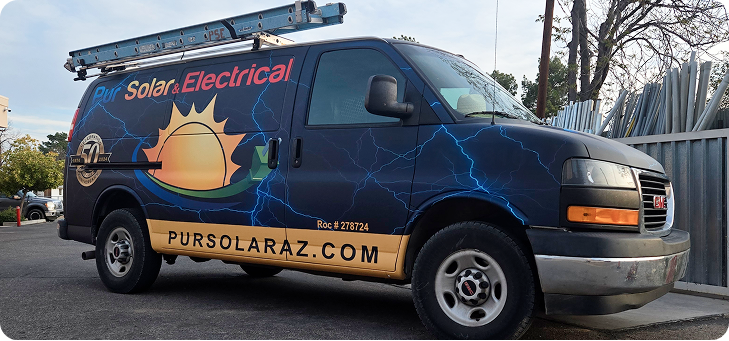Solar panels are very sturdy. They can cope with heat and cold cycles, wind, hail, heavy rain, snow, and sunshine for many years. However, it is important to understand the effects that weather can have on solar panels so that you can get the most out of your system. For instance, shade is a weather condition that impacts your panels. The output is significantly reduced when it is in the shade. That said, the shade will not damage the panels.
Solar Panels and Testing
Solar panels go through rigorous testing based on certain standards and tend to meet CSA, IEC/EN, UL, and ISO standards and certification. Solar industry tests are conducted in a variety of different ways. These are important not just in terms of your panels’ resistance to the weather, but also in terms of your financial return. You must comply with local building codes before you can receive state rebates, for instance. Usually, this is NFPA 70 (the National Electric Code), which specifies that your panel must be UL-certified. However, UL certification itself is often not specified, which somewhat confuses the matter.
Wind, Lightning, and Hail Damage
A solar panel can sustain damage as a result of a heavy hailstorm. Fortunately, this is very rare. Usually, panels are UL-listed, which means that they have passed hail tests. The aim of this test, however, is to make sure the glass doesn’t explode as a result of hail impact and thereby put people in danger. It may, therefore, break and still pass the UL test. The test involves striking a panel with a 1″ steel ball at terminal velocity and a 90-degree angle.
Lightning, meanwhile, could feasibly damage panels as well. The National Electric Code mandates that panels are properly grounded. However, if lightning strikes, there is nothing that can guarantee 100% protection. That said, there are currently no reported incidents of certified solar panels sustaining damage from lightning.
Wind damage, meanwhile, has also proven to be incredibly rare. In fact, during Hurricane Sandy in October 2012, most solar panels were left undamaged. The panels that did sustain damage were not installed by reputable and registered solar installers. Rather, the panels were not mounted properly, either on the ground or on the roof.
The Underwriters Laboratories (UL) has reported that most failures on solar panels happen when they have to withstand heat and cold cycles in a humid environment. The UL had conducted a 10-day humidity freeze test, in which panels were exposed to 85% humidity, which is similar to that in the tropics. After that, they are exposed to a -40 degrees Celsius environment. This causes damage to the panels, but these are also environmental conditions that are rarely experienced on the planet.
Warranties and Weather Damage
Usually, the warranty that is provided for your solar panel will not cover wind, lightning, or hail damage. However, your home insurance should cover that. This is why you must keep your policy up to date.










